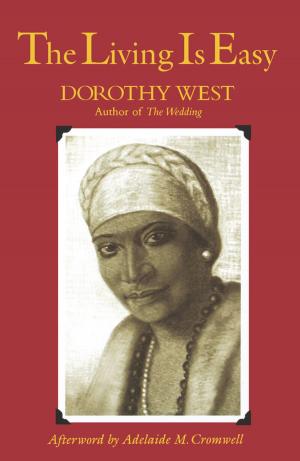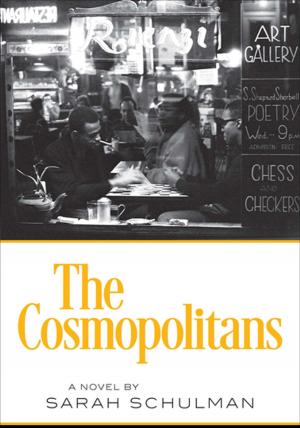| Author: | Ama Ata Aidoo, Ketu H. Katrak | ISBN: | 9781558619166 |
| Publisher: | The Feminist Press at CUNY | Publication: | April 25, 2015 |
| Imprint: | The Feminist Press at CUNY | Language: | English |
| Author: | Ama Ata Aidoo, Ketu H. Katrak |
| ISBN: | 9781558619166 |
| Publisher: | The Feminist Press at CUNY |
| Publication: | April 25, 2015 |
| Imprint: | The Feminist Press at CUNY |
| Language: | English |
From the author of Changes: these stories “of post-independence Ghana in the late 1960s are written beautifully and wisely and with great subtlety” (Chimamanda Ngozi Adichi).
In this short story collection, the award-winning poet and author of Changes and Our Sister Killjoy explores postcolonial life in Ghana with her characteristic honesty, humor, and insight. A house servant wonders what independence means in a country where indoor plumbing is still reserved for bosses. A brother tracks down his runaway sister only to find she has become a prostitute. In the title story, a bitter divorce turns tragic when the couple’s only child dies of a snake bite.
In these and other stories, tradition wrestles with new urban influences as Africans try to sort out their identity in a changing culture, and “even at her gravest, Miss Aidoo writes with a sunny charm” (The New York Times).
From the author of Changes: these stories “of post-independence Ghana in the late 1960s are written beautifully and wisely and with great subtlety” (Chimamanda Ngozi Adichi).
In this short story collection, the award-winning poet and author of Changes and Our Sister Killjoy explores postcolonial life in Ghana with her characteristic honesty, humor, and insight. A house servant wonders what independence means in a country where indoor plumbing is still reserved for bosses. A brother tracks down his runaway sister only to find she has become a prostitute. In the title story, a bitter divorce turns tragic when the couple’s only child dies of a snake bite.
In these and other stories, tradition wrestles with new urban influences as Africans try to sort out their identity in a changing culture, and “even at her gravest, Miss Aidoo writes with a sunny charm” (The New York Times).















